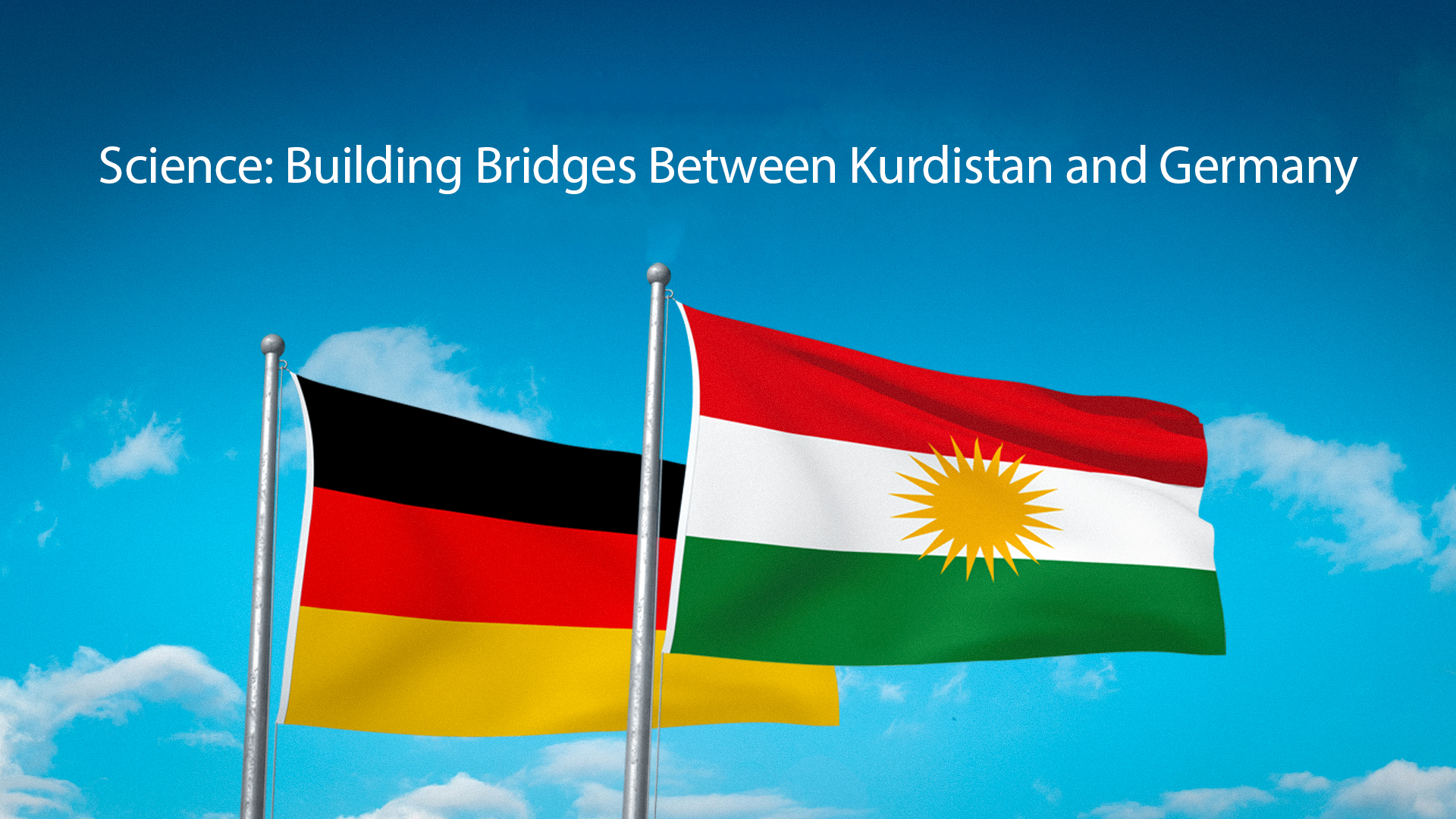German-Kurdish Academic Partnership Elevates Duhok University to International Standards
The University of Stuttgart and Duhok University deepen an 8-year partnership, affirming Kurdistan's high academic standards. The collaboration, led by a Kurdish professor, includes joint research and encourages graduates to serve their homeland.

ERBIL (Kurdistan24) — In a significant development for the Kurdistan Region's academic landscape, the prestigious University of Stuttgart in Germany has initiated extensive cooperation with the University of Duhok, forging a robust scientific and academic partnership that underscores the high educational standards achieved in Kurdistan.
This long-standing collaboration, cultivated over more than eight years, serves as a powerful endorsement of the region's higher education system and is creating new opportunities for joint research and professional development.
The foundational bridge between the two institutions was built through the dedicated efforts of Professor Jan Ilhan Kizilhan, a Kurdish academic from Northern Kurdistan who serves as the head of the Psychology Department at the University of Stuttgart, one of Germany's largest and most renowned universities.
Professor Ilhan Kizilhan has played a pivotal role in fostering this relationship, driven by his assessment of the quality of education within Kurdistan.
According to him, the high level of education at the region's universities, particularly at the University of Duhok, has reached a point where it is no longer necessary for Kurdish students to go abroad for their studies.
He emphasized a critical point for students and professionals, stating that the degrees of graduates from the University of Duhok are accredited in Germany, and they will face no problems with their qualifications.
Professor Ilhan Kizilhan provided a specific example of the academic parity between the two institutions, noting that "the study of departments like 'Psychotherapy' at the University of Duhok is on the same level as in Germany."
He went further to assert that "all education offered at the University of Duhok is on par with German standards." Based on this equivalence, he advised that graduates can and should remain in Kurdistan to serve their communities.
The professor highlighted the pressing local need for their expertise, explaining that "there is a great need for help there, especially in the field of mental illnesses, trauma, and depression."
This fruitful cooperation is not confined to the field of psychology but has expanded to encompass several new scientific projects, demonstrating the depth and breadth of the partnership.
One such initiative is a joint study on the effects of climate change on the residents of Sulaimani, Erbil, and Duhok, a timely research project in which more than 60 people have already participated. This collaboration on contemporary global issues illustrates the evolving and dynamic nature of the relationship between the two universities.
The success of Kurdistan's educational system is also reflected in the achievements of the Kurdish diaspora in Germany.
Khoshi Mukhtari, a young woman from Halabja who completed her studies in Germany and now works at a company there, offered her perspective. She believes that studying and working in Kurdistan is easier and that there is no difference with Germany in terms of academic degrees.
"The universities in Kurdistan are very similar to the universities in Germany. I have visited the universities in Kurdistan and seen them up close. It makes me happy," she said. Despite her professional success in Germany, she expressed a strong desire to return, stating, "I have finished university and I am working, but I want to return to Kurdistan and work there."
These success stories and academic collaborations are a clear indication of the importance of developing and strengthening scientific relations with global academic centers. They affirm that investment in education is a cornerstone of national progress.
As the great Kurdish poet Bekas once wrote, "Study, because for defending against enemies, education is always a shield and a bulwark." This sentiment is more valuable today than ever for the Kurdish people, who through science and education can continue to secure a brighter and more resilient future.